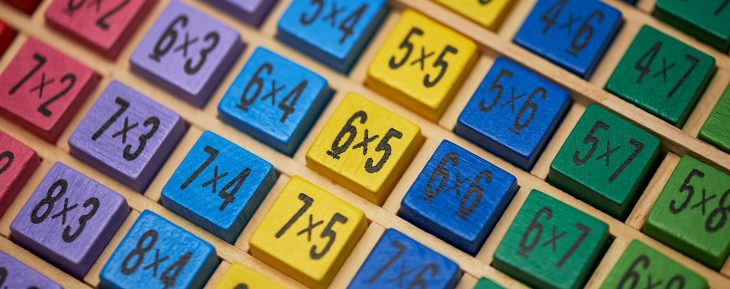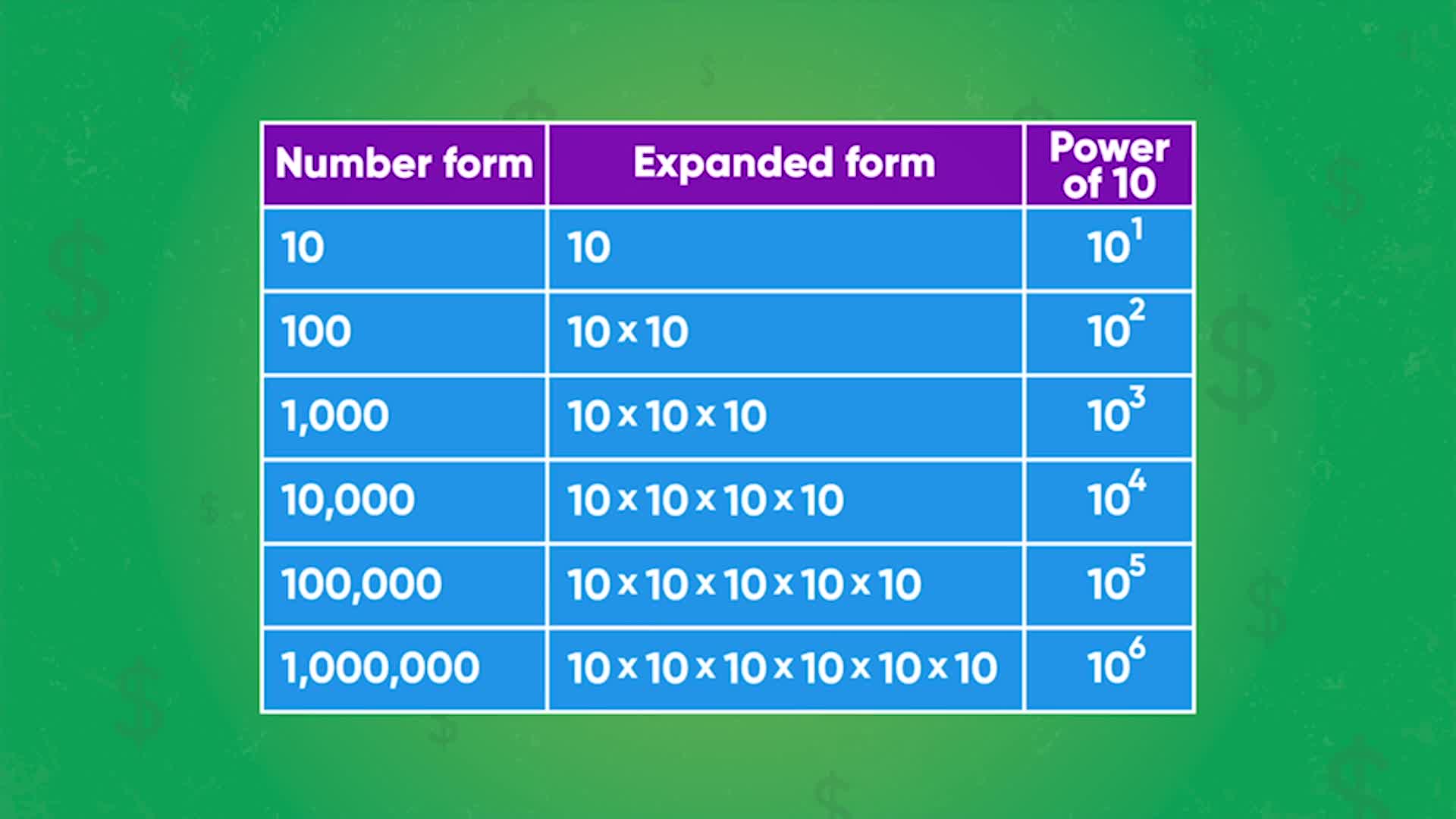
Multiplication is a fundamental operation in mathematics that involves combining numbers to find their total value. From simple calculations to complex problem-solving, multiplication plays a crucial role in various aspects of everyday life. In this article, we will explore 10 essential multiplication facts that will help you understand and excel in this fundamental mathematical operation.
Multiplication Is Repeated Addition
At its core, multiplication is a form of repeated addition. It is a way to efficiently calculate the total of adding a number to itself a certain number of times. For example, 3 x 4 is equivalent to adding 3 four times: 3 + 3 + 3 + 3 = 12.
The Commutative Property of Multiplication
The commutative property of multiplication states that changing the order of the factors does not change the product. In other words, a x b is equal to b x a. For example, 3 x 4 is the same as 4 x 3, and both equal 12.
The Associative Property of Multiplication
The associative property of multiplication states that changing the grouping of the factors does not change the product. In other words, (a x b) x c is equal to a x (b x c). For example, (2 x 3) x 4 is the same as 2 x (3 x 4), and both equal 24.
The Distributive Property of Multiplication
The distributive property of multiplication allows us to distribute a factor to each term inside parentheses. It states that a x (b + c) is equal to a x b + a x c. For example, 2 x (3 + 4) is equal to 2 x 3 + 2 x 4, which simplifies to 14.
Zero and One in Multiplication
Multiplying any number by zero results in zero. For example, 5 x 0 = 0. On the other hand, multiplying any number by one leaves the number unchanged. For example, 5 x 1 = 5.
The Identity Property of Multiplication
The identity property of multiplication states that any number multiplied by one equals the original number. It is like a “magic” property of multiplication. For example, 5 x 1 = 5 and 10 x 1 = 10.
Multiplying by Powers of Ten
When multiplying a number by a power of ten, you can simply move the decimal point to the right by the number of zeros in the power of ten. For example, 5 x 10 = 50, and 5 x 100 = 500.

Multiplying by Ten and Its Multiples
Multiplying a number by ten and its multiples is easy. To multiply a number by ten, simply add a zero to the end of the number. For example, 5 x 10 = 50, and 5 x 100 = 500. Similarly, to multiply a number by multiples of ten, add the appropriate number of zeros at the end. For example, 5 x 1000 = 5000.
Multiplying Two-Digit Numbers
When multiplying two-digit numbers, you can use the method of long multiplication. Write the numbers vertically, multiply each digit in the bottom number by each digit in the top number, and add the results together. For example, to multiply 23 by 47, you would multiply 3 by 7, then 3 by 4, then 20 by 7, and finally 20 by 4, and add the results to get the final product of 1081.
Memorizing Multiplication Tables
To become proficient in multiplication, it is essential to memorize the multiplication tables from 1 to 10 (or even up to 12). By memorizing these tables, you can quickly recall the product of any two numbers within that range, making mental calculations faster and more efficient.
Conclusion
Mastering multiplication facts is a crucial skill that forms the foundation for mathematical proficiency. Understanding the basic principles of multiplication, such as repeated addition, properties, and shortcuts, can make multiplication more accessible and enjoyable. By practicing regularly and exploring various strategies, you can enhance your multiplication skills and become more confident in your mathematical abilities. So, let’s embrace the world of multiplication and unlock its fascinating potential!
Frequently Asked Questions (FAQs)
Why is it important to learn multiplication facts?
Learning multiplication facts is important because multiplication is used in various aspects of everyday life, from calculating prices at the grocery store to solving complex mathematical problems. It is a fundamental skill that builds the foundation for more advanced mathematical concepts.
How can I improve my multiplication skills?
Practice is key to improving your multiplication skills. Reviewing multiplication tables, solving multiplication problems, and using online resources, such as multiplication games and apps, can help you strengthen your skills and increase your speed and accuracy.
Are there any tricks or strategies to help with multiplication?
Yes, several tricks and strategies can help with multiplication. Some of these include using patterns, breaking down larger numbers into smaller, more manageable parts, using the distributive property, and using mental math techniques like rounding or doubling.
Can I use calculators for multiplication?
A4: While calculators can be helpful for complex multiplication calculations, it is still important to develop mental math skills and be able to perform basic multiplication without relying solely on calculators. Mental math allows for quicker calculations and is useful in everyday situations where a calculator may not be readily available.
How can I make learning multiplication facts more enjoyable?
Making learning multiplication facts more enjoyable can involve incorporating games, activities, and visual aids. Using flashcards, playing multiplication bingo or board games, and engaging in interactive online learning resources can make the learning process fun and engaging.
Was this page helpful?
Our commitment to delivering trustworthy and engaging content is at the heart of what we do. Each fact on our site is contributed by real users like you, bringing a wealth of diverse insights and information. To ensure the highest standards of accuracy and reliability, our dedicated editors meticulously review each submission. This process guarantees that the facts we share are not only fascinating but also credible. Trust in our commitment to quality and authenticity as you explore and learn with us.
